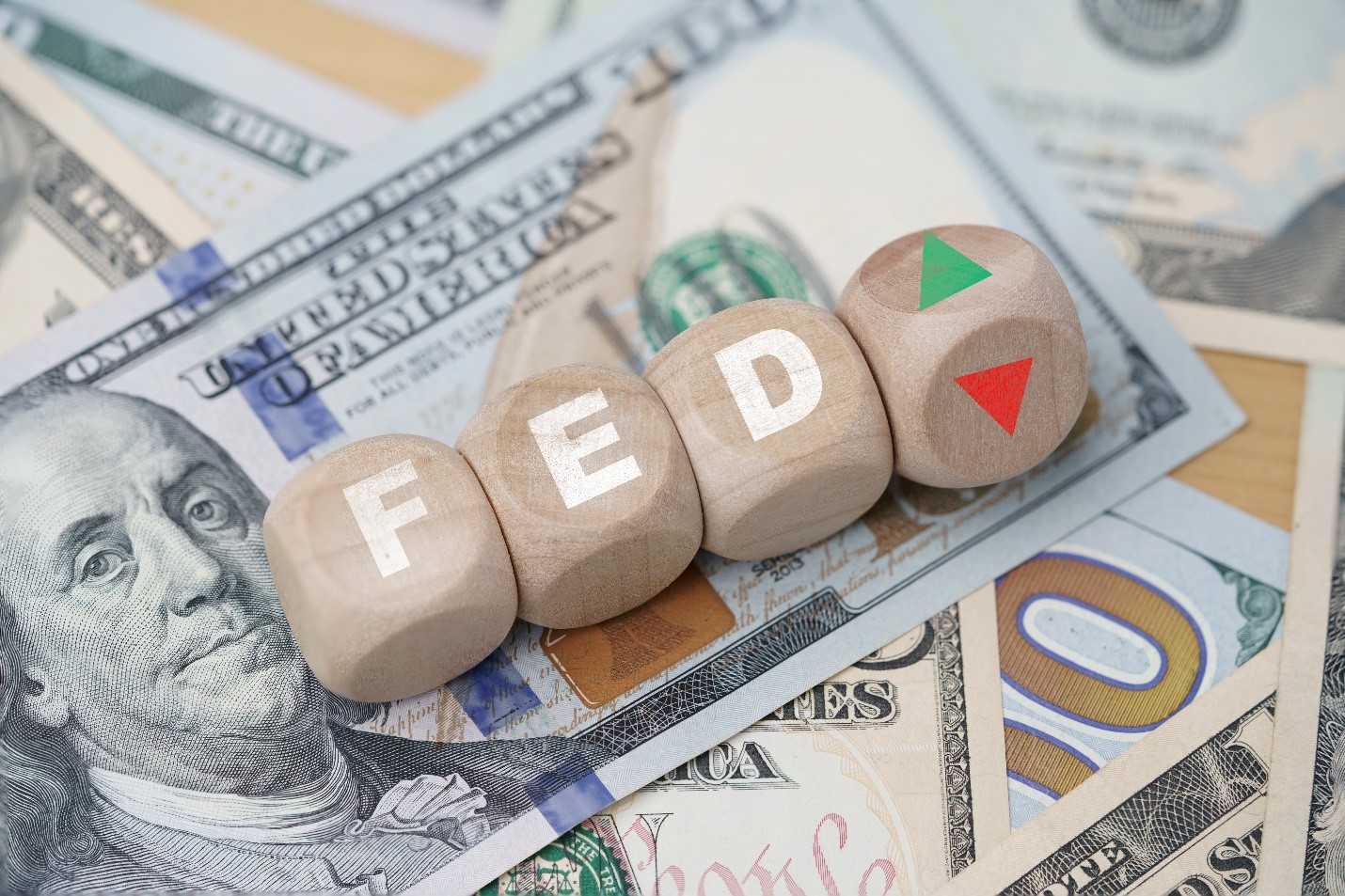April jobs report fell short of expectations: The Bureau of Labor Statistics said Friday that the U.S. economy added 175,000 jobs last month, below economists’ forecasts of 238,000 and well below the 274,000 average jobs added in the month from December to March.
While one month of data doesn’t set a trend, some bear market watchers say the new numbers could be a preview of more significant weakness ahead.
David Rosenberg, the founder of Rosenberg Research, who called the 2008 recession while working as Merrill Lynch’s chief economist in the United States, is considered among the skeptics of the American economic expansion.
In notes to clients on Friday, Rosenberg said the monthly jobs data was not consistent with the BLS’s Business Employment Dynamics data, which showed the U.S. economy lost 192,000 jobs in the third quarter of 2023, according to the most recent numbers available. During that time, the nonfarm payrolls survey showed the U.S. economy gained 640,000 jobs.
The nonfarm payrolls data is also not in line with data from the BLS Quarterly Census of Employment and Wages, which show much softer job growth in the third quarter of last year.
Given the disparity, Rosenberg said the nonfarm payrolls data is “exaggerated — in historic proportions” and blamed the method the BLS uses to collect the data. The BLS surveys a sample of businesses for its monthly reports, but Rosenberg said its findings are inaccurate because of low response rates and that the Bureau can’t know if some businesses are closing, prompting their employees to look for work. somewhere else
Consequently, some substantial downward revisions to nonfarm payrolls data are coming in the coming months, Rosenberg said, to the surprise of investors and the Federal Reserve.
“The revisions won’t come for another six months, and when they do come out, it will be a shock to the Fed and also to the markets,” Rosenberg said. “The Fed now intends to stand on the sidelines while closely watching lagged and contemporaneous indicators that are full of high error terms, and the longer it waits, the more it will have to do on the rates front. Shadows of 1991, 2001 and 2008 “.
In addition to believing the jobs data is skewed, Rosenberg has said in recent months that stock prices and valuations are out of touch with the macroeconomic picture.
In an April 23 note, he said AI stocks, which include some of the largest companies by market capitalization, have been in a bubble that is now deflating.
“Last week’s market action was part of the air being let out of the AI balloon, with Nvidia experiencing its worst single-day drop since March 2020. The intense AI-driven push to the upside is now in the opposite direction”. Rosenberg said.
The chart below shows the AI boom, represented by the yellow line, with AI stocks rising several hundred percent since 2022.
Rosenberg Research
Download or not download
Rosenberg has been notoriously bearish over the past two years, repeatedly warning of a recession.
But so far, an economic downturn has not materialized. The unemployment rate remained below 4% despite the Fed’s aggressive rate hikes, and consumers continued to open their wallets even as inflation remained elevated.
The consensus among economists is a 40% chance of a recession next year, according to a February Bloomberg survey, and top stock market strategists see the S&P 500 closing 2024 in the green.
But while the outlook for the US economy has generally improved over the past year, a recession is still very possible. Classic recession indicators, including the Treasury yield curve, which has inverted before every recession since the 1960s, continue to show warning signs.
Some labor market indicators are also deteriorating as they headed into previous declines. For example, layoff announcements are on the rise, suggesting that jobless claims could also increase soon.
Pantheon Macroeconomics
As Rosenberg points out, the longer the Fed keeps rates high, the greater the risk of a recession.
“My biggest concern is that the Fed, focusing almost exclusively on flawed government data releases and now avoiding all evidence of benign inflationary pressures and economic softness from a wide variety of survey data and its own Beige Book, is going to end up taking a step policy faux pas by waiting too long to remove monetary restraint,” Rosenberg said.
#Big #downgrades #famous #economist #called #recession #warns #jobs #data #turn #surprisingly #sour #months #bubble #starting #burst





